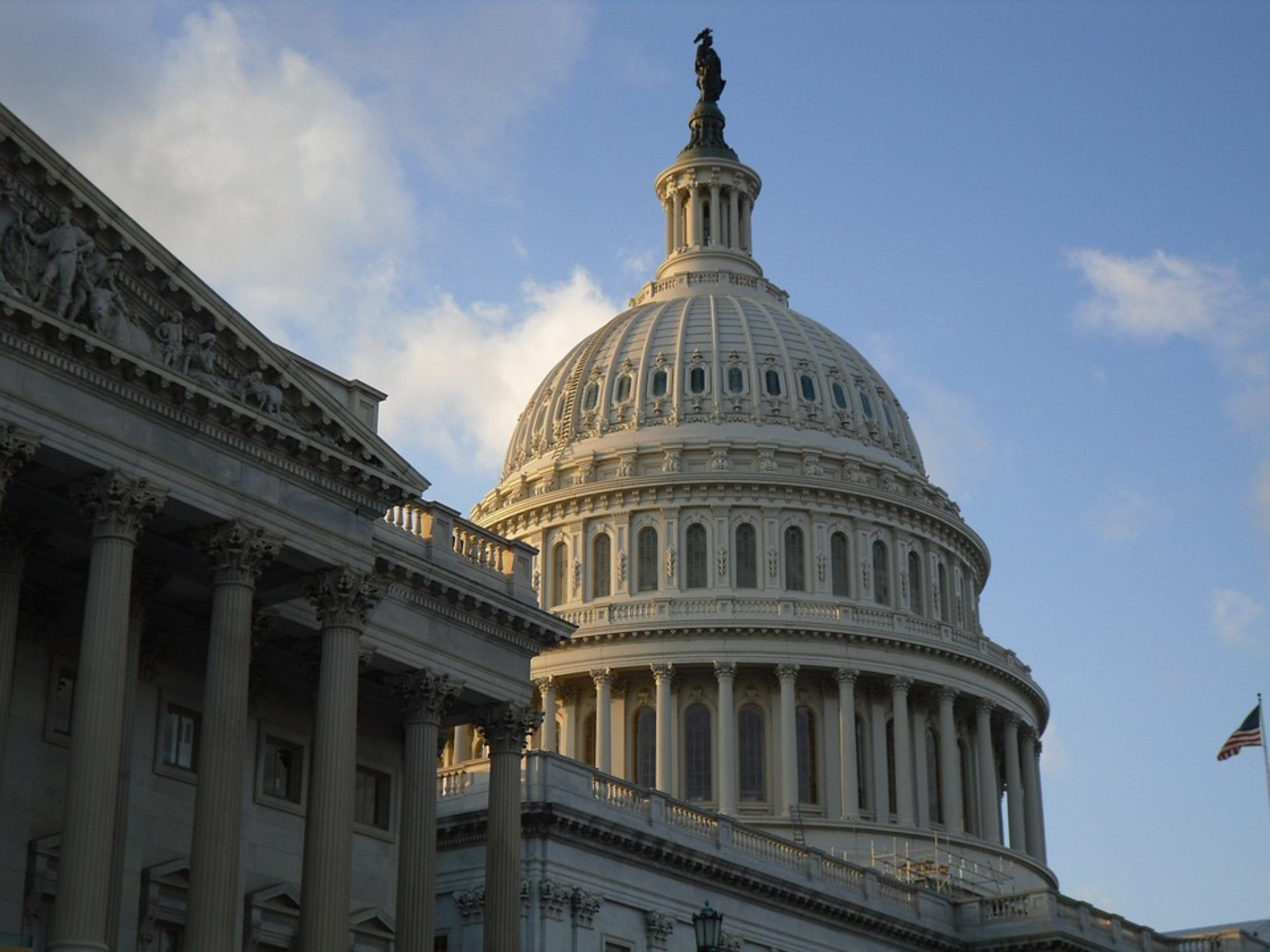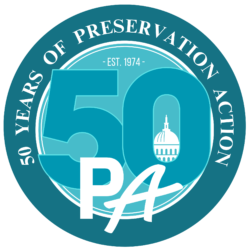Can’t come to Washington? That does not mean you can not lobby your lawmakers!
1
Make Local Lobby Day
Visiting your legislator’s district office is a convenient and effective way to cultivate a relationship with your members of Congress. District staff tend to stick around longer in their jobs than their Hill counterparts; Hill staffers average about 18 months per position.
Find your Representatives
Once you have figured out who your legislators are, call their office and find out which staff member handles historic preservation issues. Get their phone number and email address.
2
Make Local Lobby Day
Set up a bus tour of historic preservation projects in your legislators’ district for district office staff. Design the tour to show staff, and maybe even your legislator, first hand, how federal programs have combined with private and other governmental funding and incentives to support great local projects. Tie projects into requests your fellow advocates have made in Washington.
3
Cut some Ribbons
Be sure to celebrate your federally-supported project successes with ceremonies that include your members of Congress and their district staff. Ribbon cuttings can spotlight the value of federal and state tax credit programs to remind legislators about the program and what might be accomplished more often with improvements.
4
Request a larger Audience
If your legislator has been a supporter in the past, ask your Representative or Senator to speak at your state preservation conference. Ask them to talk about their role in supporting a preservation project, or about the value of preservation generally, depending on their work.
5
Reward our Supporters
Present awards to federal legislators who have demonstrated leadership on preservation topics. For exceptional public servants, you might consider naming a preservation award after a member of Congress.
6
Educate Yourself and your Community
Put together a presentation on hot federal-level topics. This could be very simple, like a get-together of colleagues in someone’s home, or a more official program sponsored by your local preservation group. Anyone who attends Lobby Day in DC should be able to speak to the experience and the topics generally – or you could solicit a Preservation Action representative to speak to your group to help them prepare for outreach efforts. The best outreach requires the best information – and sharing ideas among others with common goals.
7
Interview your members of Congress
Members of Congress are open to interviews with constituents, especially if you provide your questions in advance and make clear how the interview will be used. If you work for a local or statewide preservation organization, transcribed interviews with members of Congress make great newsletter and web content. Illustrating these interviews with photographs of projects mentioned can also help solidify your contacts in the community responsible for these projects.
8
Be True to your School
In-district lobbying activity and all manner of related local Congressional outreach could make great student projects. In district lobbying involves direct application of civics education, research, writing and verbal communication skills, and can be an inter-generational project involving parents (and/or grandparents) and their young-adult children.
9
Establish a Scholarship/Fund for advocates traveling to Washington
If you represent a nonprofit preservation group, consider establishing a special fund for local advocates who want to lobby preservation issues on Capitol Hill. Washington state has had such a fund for years and as a result generally produces more Lobby Day participants than any other state. Their fund was established by donations from just a few local sponsors who understand the value of grassroots outreach. Fundraising for this scholarship program can help drum up local interest in grassroots lobbying and federal issues.
*
Support Preservation Action
Preservation Action was established in 1974 to be the grassroots voice for historic preservation in Congress, and since that time we’ve fought many battles and protected critical federal incentives. We’ve protected the Federal Rehabilitation Tax Credit program and continually lobby for increased funding to core preservation programs. In our 35 year history, PA staff and our members have had approximately 10,000 face to face meetings with members of Congress and their staff. If you can’t come to Lobby Day this year, help us insure we’ll always have a Lobby Day, that Preservation Action will always be able to share insights and information, and that our growing network will always be able to follow through on opportunities ahead.

